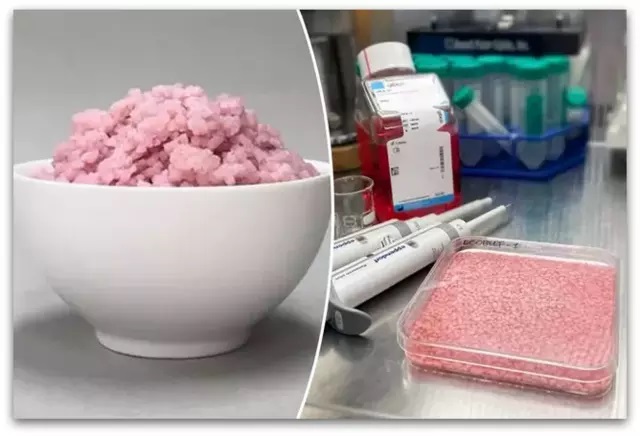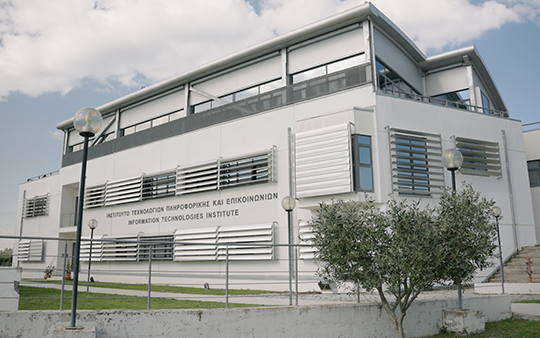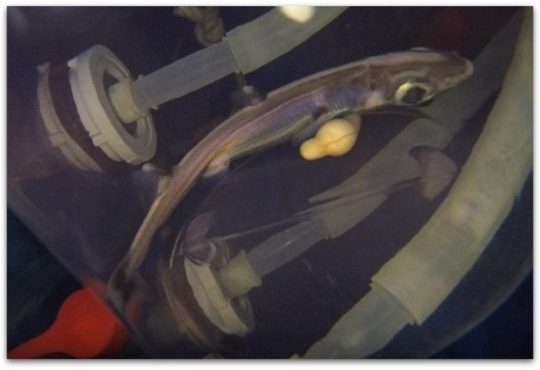Scientists have created a new type of hybrid food by growing beef cells in rice grains

Korean scientists have created a new hybrid food by embedding lab-grown meat cells into rice grains and offering a sustainable protein solution.
In an effort to solve the environmental problem caused by the growing global population and food production, Korean scientists have developed an innovative approach to lab-grown meat. Instead of traditional methods, they created a hybrid food, growing beef fat and muscle cells in rice grains.
Biomolecular engineer Sohjeon Park of Jonsei University envisions a future where the mixture, similar to a mixture of ground meat and rice, could ease the pressure of food demand.
Imagine getting all the nutrients we need from cell-grown protein rice, Park points out, emphasizing the nutritional benefits of this hybrid.
Research related to this was published in the journal Matter.
Rice, which typically contains 80% starch, can serve as an excellent substrate for laboratory-grown animal cells for tissue development.
By coating the rice grains with fish gelatin and enzymes, the scientists grew them with stem cells from cow muscle and fat. The resulting hybrid rice showed increased strength and brittleness, with 8% more protein and 7% more fat than untreated rice.
Crucially, hybrid rice production is proving to be more environmentally sustainable and cost-effective compared to traditional beef production.
The team calculated that the production of hybrid rice creates only 6.27 kilograms of carbon dioxide per 100 grams of protein, while the production of beef for the same amount releases 49.89 kilograms of CO2.
In addition, hybrid rice is estimated to cost consumers about 15% of the price of beef per kilogram.
Significantly, the flavor profile of the rice changed with the addition of beef muscle and fat, introducing different flavor compounds.
Scientists believe these variations could be intriguing for culinary experiments.
Although the production process needs to be improved to reduce production time, scientists see huge potential for this grain-based hybrid food.
I didn’t expect the cells to grow so well in the rice. Now I see the possibilities of this grain-based hybrid food. One day, it could serve as food aid for famine-stricken areas, military rations or even space food, Park said.








